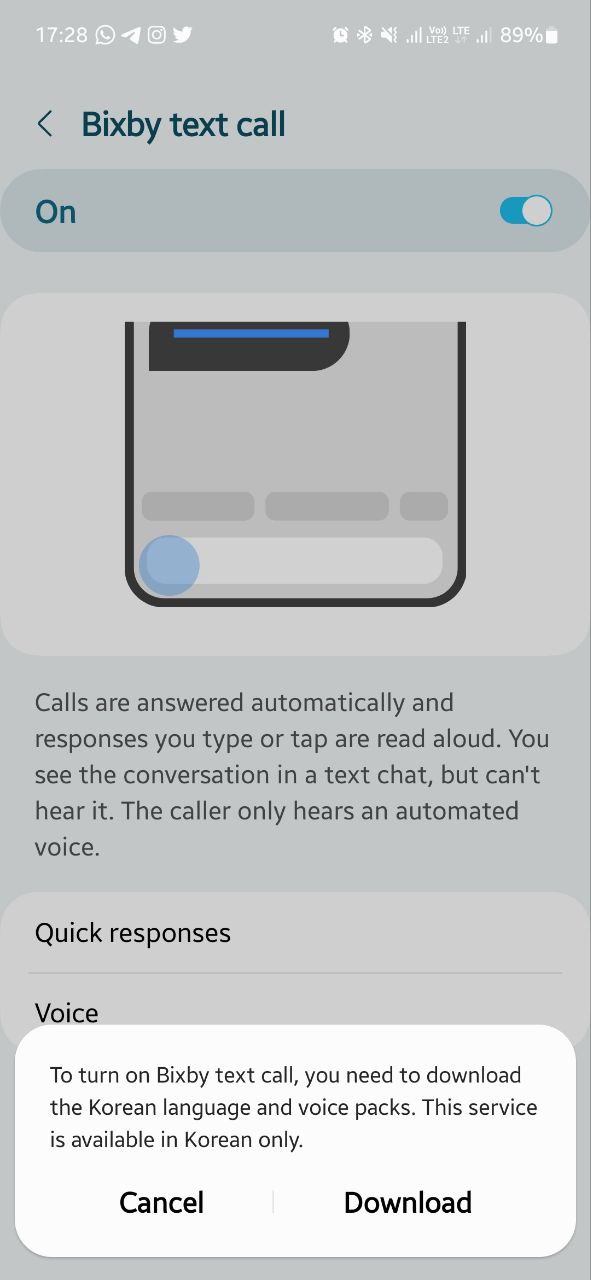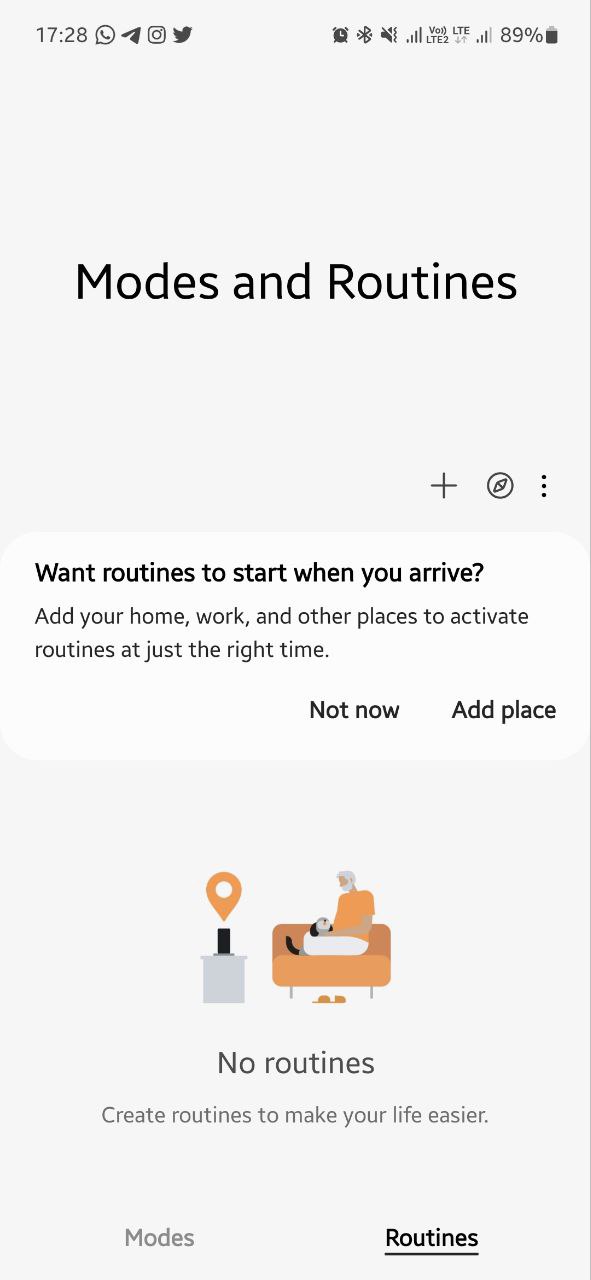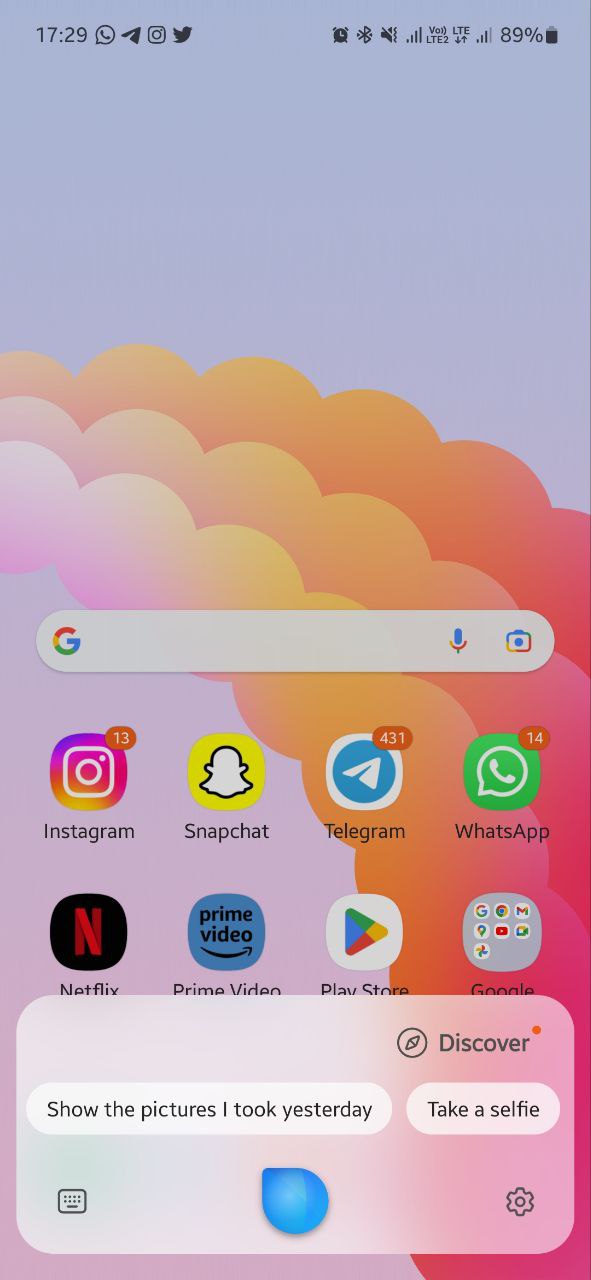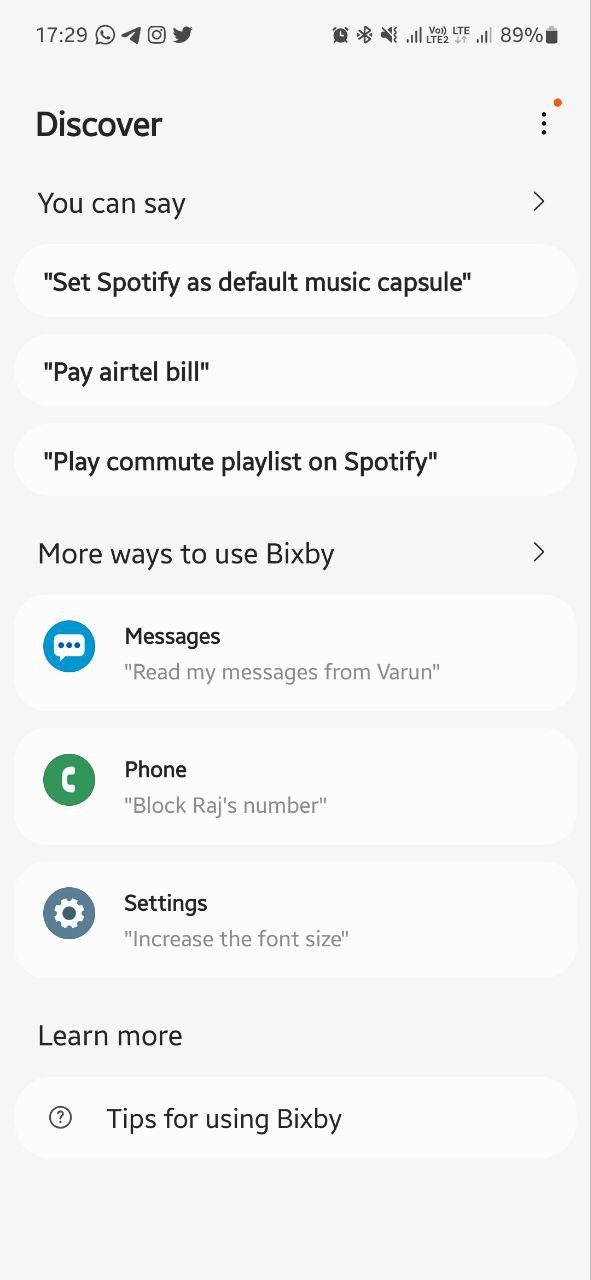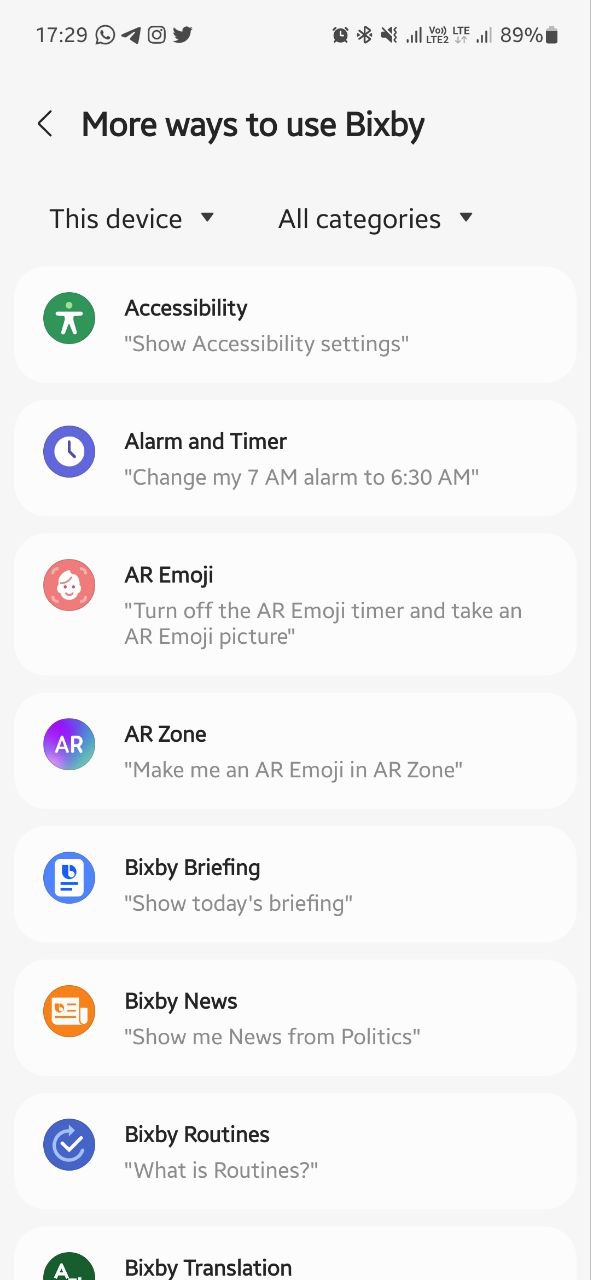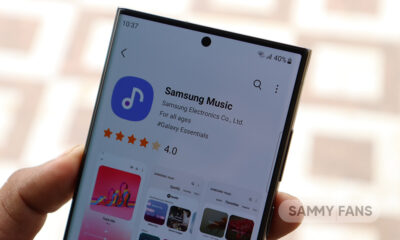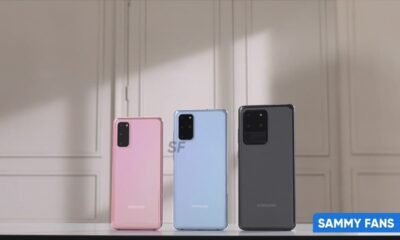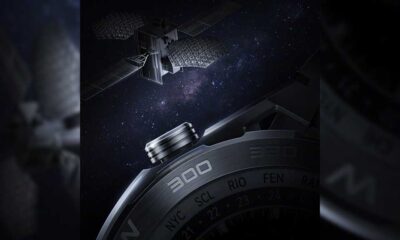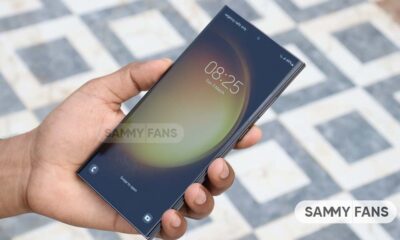Comparison
One UI 5.0 vs iOS 16 – Samsung’s Bixby or Apple’s Siri is the best?

Despite Google Assistant, Samsung offers its own Bixby AI Voice Assistant for Galaxy device users. At the same time, Apple iPhones also come with their own voice assistant known as Siri. These assistants help users automatically adjust to their lifestyles and needs. Let us check which voice assistance is the best – Samsung One UI 5.0 Bixby or Apple iOS 16 Siri.
Follow Sammy Fans on Google News
One UI 5.0 Bixby:
Samsung has tried improving its AI Voice Assistant Bixby in many ways with the new One UI 5.0 software. First of all, the company has added a new Bixby Text Call feature that allows users to answer phone calls simply by typing a message. This converts your text to audio and shares it directly with the caller on the line on your behalf, and shows you what the caller is saying by converting their voice to text.
Aside from this, there’s the Bixby Routines feature that works as your personal assistant and reminds you of your daily routines so you won’t miss anything and complete your tasks on time. You can add your home, work, and other places to activate routines at the right time.
Samsung Bixby unlocks the full potential of all your Samsung devices, you can talk to Bixby on your Galaxy phone, Watch, TV, Family Hub, and more. It has easy device controls, which allow you to execute multiple actions with a single command, such as making calling, texting, turning on/off flashlights, playing music, and much more without even any effort.
You can also do quick searches with Bixby. For example, you can say ” Show the pictures taken in New York” or “Show the last file I opened” and you won’t have to find such files on your phones.
Moreover, for your privacy, your files, and messages containing personal information are only provided after the lock is released, but you can ask Bixby to show them on the lock screen if you want.
iOS 16 Siri:
Apple has made some significant improvements to its voice assistant Siri with the new iOS 16 software. Siri-activated shortcuts no longer require a setup process to use them. When you download and install an app, Shortcuts can be activated immediately by the assistant.
Moreover, when you’re sending a message using Siri, you can now ask it to insert an emoji into your message. Meanwhile, when you’re in a hands-free conversation with someone and it ends, you can ask Siri to end the call.

In addition to these, the company has also added an automatic message-sending feature, which removes the confirmation step that you have to go through when sending text through Siri.
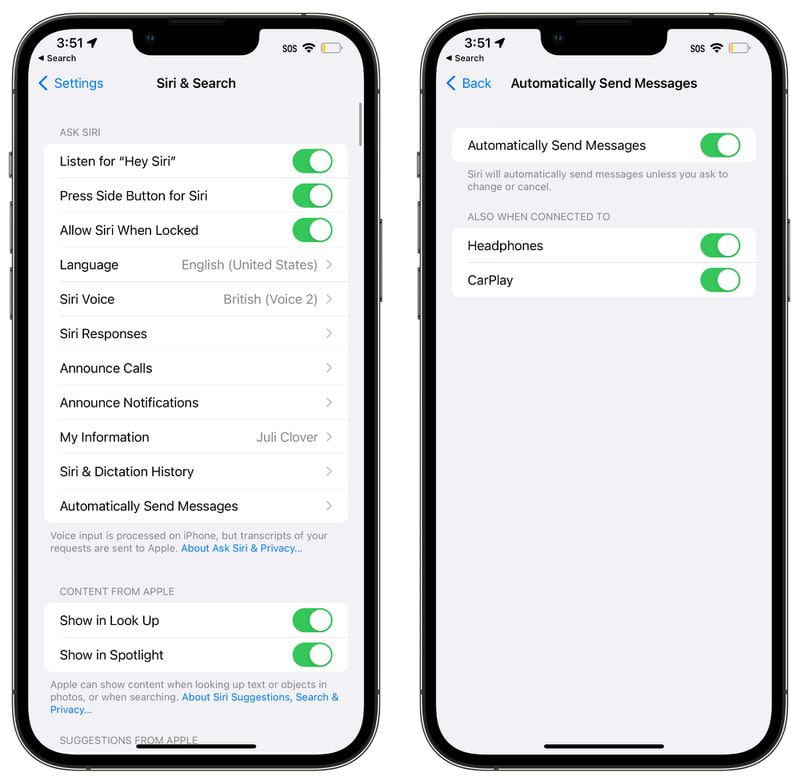
That’s not it, but to get more information about Siri, you can ask Siri itself, just say Hey Siri, what can I do here?” Last but not least, iOS 16 Siri is now able to do more on iPhones when offline. For example, it can process HomeKit, Intercom, and Voicemail requests when you are offline.
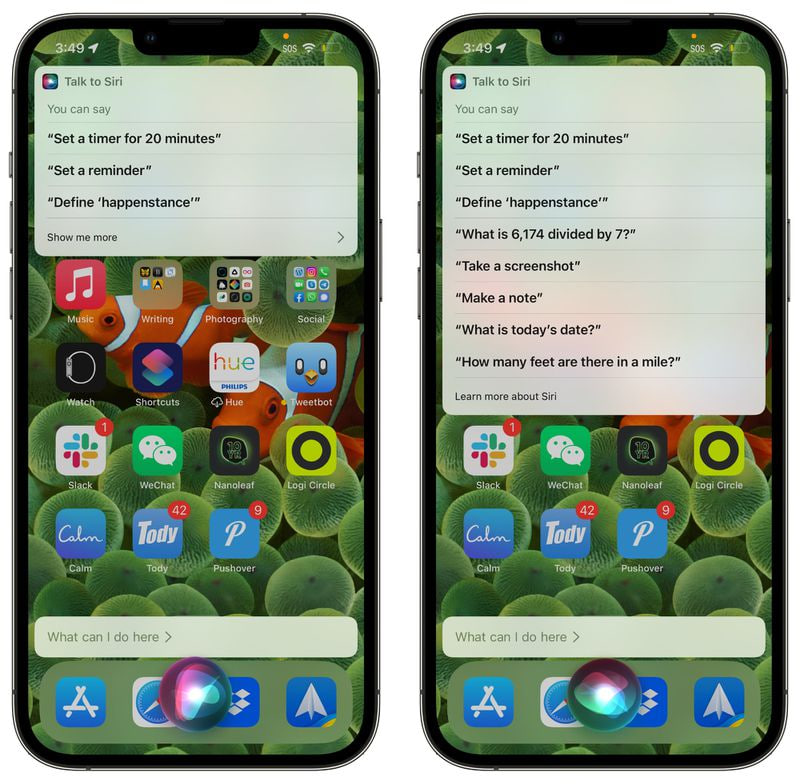
One UI 5.0 Bixby vs iOS 16 Siri:
When it comes to offering more features, Apple Siri takes the lead as it has many advanced features that other voice assistants don’t have. But when considering the performance, usability, and accuracy, Samsung Bixby wins.
Comparison
Samsung Galaxy S23 Ultra vs S22 Ultra: Camera Design
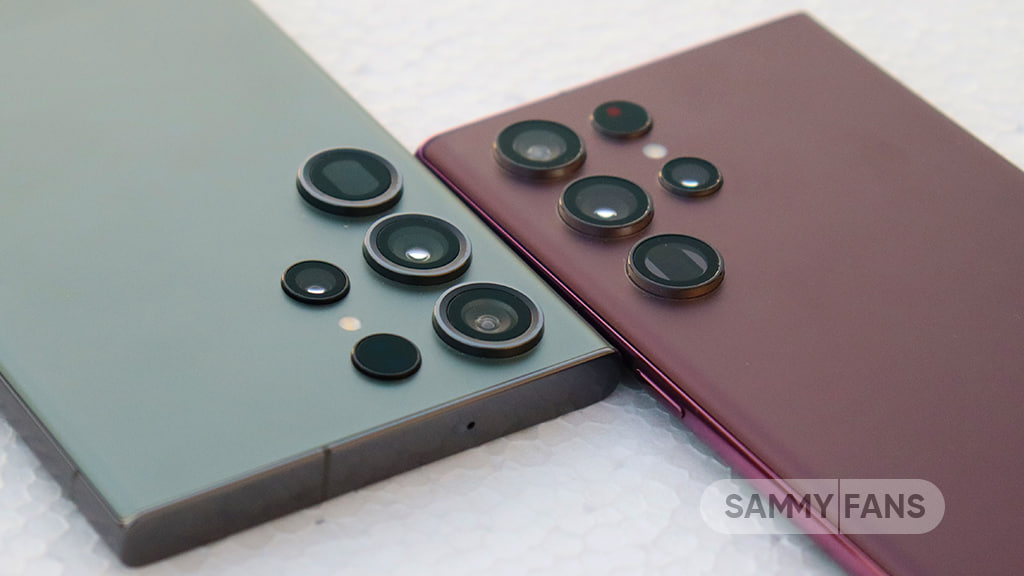
Samsung Galaxy S23 Ultra is a camera beast and brings a massive upgrade in features as compared to S22 Ultra but the design of this successor needs to be explored. In that case, we’ll have to do a comparison.
For your information, this comparison will look into the structure, layout, shape, lens count, and some key specifications of the rear camera module.
Design:
First comes the Galaxy S22 Ultra, which features a quad camera including a laser autofocus sensor and an LED flash. This system has two columns, the left side starts with a 12MP ultra wide-angle camera, followed by a 108MP wide-angle/main camera and the third one is a 10MP 10x periscope zoom camera.
The second column consists of a laser autofocus, an LED flash, and a secondary telephoto camera, capable of 3x zoom. Actually, the S22 Ultra resembles the S21 Ultra but without that large camera bump.
(Samsung Galaxy S23 Ultra – Left, Galaxy S22 Ultra – Right)
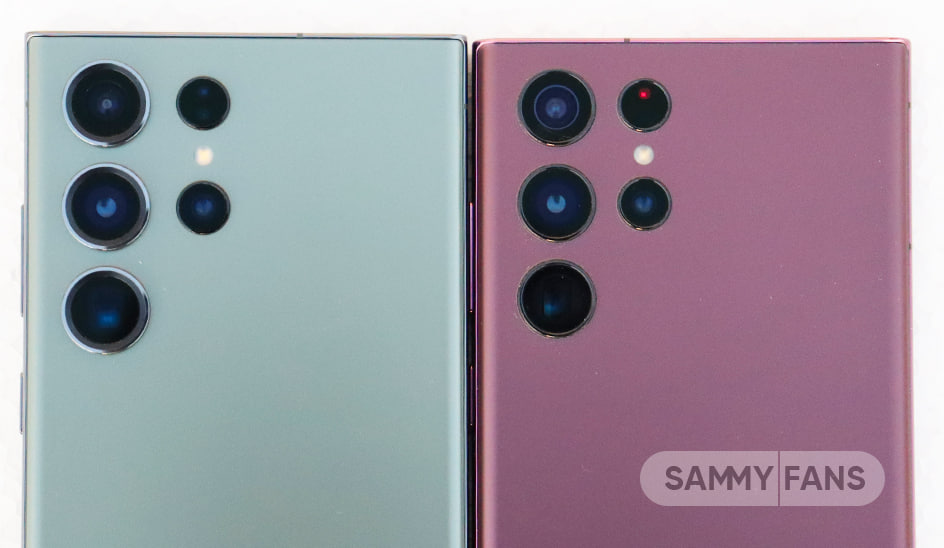
Successor?
If you look closely at the S23 Ultra, the difference between the camera structure and the aesthetics is barely noticeable. Because the Samsung Galaxy S23 Ultra willfully carries the camera design and layout from the S22 Ultra. Specifically, the first and second columns are identical in both devices. This is causing a variation in opinion among consumers who were expecting a major makeover.
Speaking of major, this flagship stands as a 200MP camera powerhouse. Using a super-resolution sensor, Samsung promises high-quality photography and robust optical image stabilization in videos.
Elegant Tweaks:
Aside from the layout and lens, Samsung Galaxy S23 Ultra brings a brand-new silver outsole ring. This tweak makes the entire module big, bulky, and elegant as compared to the past version.
In terms of appearance, this premium device strikes full marks for those new optimizations and it will definitely catch your eyes on the first look.
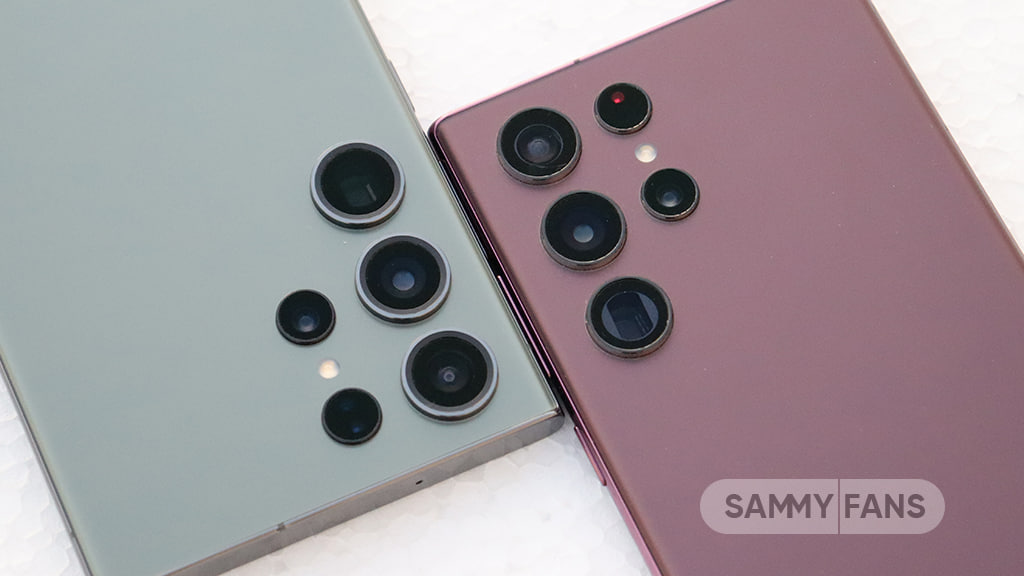
Comparison
Battery Widget – Samsung One UI 5.1 Vs Apple iOS 16
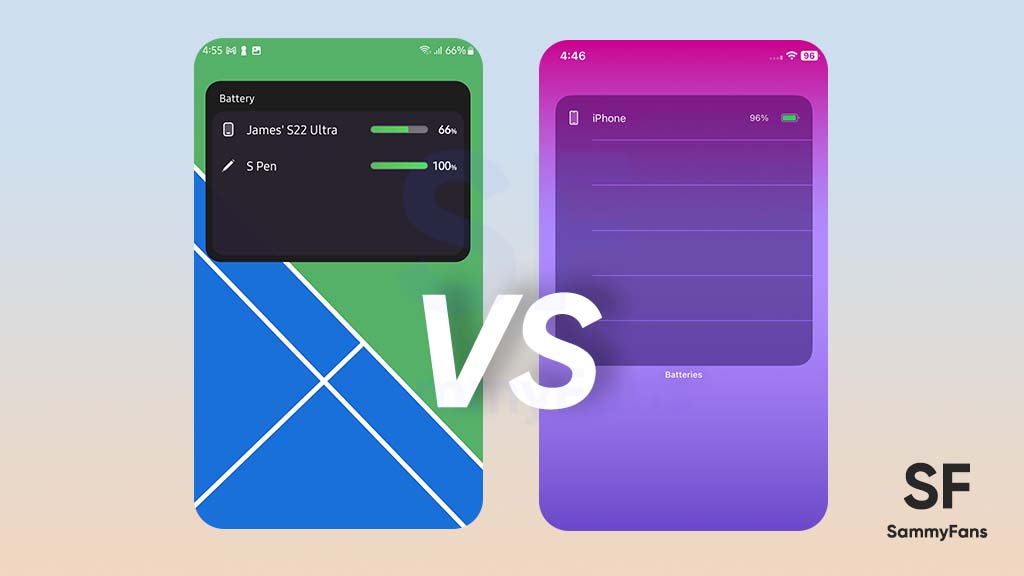
Samsung introduced a new battery status widget feature with the new One UI 5.1 software. Sadly, it’s not a new innovation as Apple’s iOS and Pixel’s Android already have such kind of widgets. Well, here we compare the battery widget of Samsung’s One UI 5.1 and Apple’s iOS 16 operating system.
Follow our socials → Google News, Telegram, Twitter, Facebook
Apple Battery Widget
Since Apple has already brought the battery status widget to iPhones, it has mastered the feature with generation improvements. In the latest iOS 16, there are three different battery widgets available on iPhones including a square (single), a rectangular (list), and a circular (4).
Samsung Battery Widget
Samsung’s battery widget introduces two choices for Galaxy consumers including the circular and square box styles. Both of the choices let you display the battery status of up to 8 devices including the smartphone itself. By default, the widget expands for 4 devices, which can be further enlarged for eight.

Comparison
One UI 5.1’s circular battery widget doesn’t have any background layer as all circles are arranged independently. On the flip side, iOS 16’s circular widget has a transparent layer so it can be clearly visible in any kind of wallpaper or home screen theme.
The One UI 5.1’s circular widget shows the device icon and percentage inside the circle, whereas the iOS takes additional space beside for percentage.
Talking about the second style, the rectangular widget of One UI 5.1 looks way better than the iOS 16’s. It has a solid background layer with an intuitive interface as well as a header, device icon, battery percentage bar, and text.
On the other hand, iOS 16’s rectangular battery widget keeps the same transparent background layer and occupies much space on the home screen. One UI can show the status of up to 8 devices, while iOS is limited to just 4.
Verdict
- Tied!
Apple’s battery status widget is unquestionably mature, compared to the first version of Samsung’s battery widget. Still, Samsung did a pretty good job when it comes to personalization of the widget and usability with a high amount of devices.
The circular widget of Apple looks better than the One UI, while the rectangular-styled widget of One UI clearly defeats iOS. It’s pretty difficult to make a winner in this comparison, as both have their own specialties and limitations. Well, which one do you prefer? Let us know through social media!
Comparison
Samsung Galaxy S23 Ultra vs Google Pixel 7 Pro – Fight for crown of Android
Samsung’s Galaxy S23 Ultra and Google’s Pixel 7 Pro are two of the best high-end Android smartphones available in the market. But which one to choose? Here’s a short comparison between these two Android kings.
The Galaxy S23 Ultra and Pixel 7 Pro look completely different, one has the vertical no-module camera set up while the other has a horizontal rear camera design.
Follow our socials → Google News, Telegram, Twitter, Facebook
The Galaxy S23 Ultra offers a bit larger display compared to the Pixel 7 Pro. Also, it is more durable as it uses Gorilla Glass Victus protection. On the other side, the Galaxy phone equips the world’s fastest Snapdragon processor made specifically for Galaxy.
When it comes to software, both phones drive Android 13 out of the box and support four major Android OS upgrades. Meanwhile, the Galaxy phone has some extra features that come with One UI 5.1.
The Camera and the camera features of Galaxy S23 Ultra is so good. It features a 200Mp camera and much improved nighttime photography. Whereas, the camera of the Pixel 7 Pro is also good to compete with the S23 Ultra.
For more information regarding the specifications of these phones, you can check out the comparison table mentioned below:
![]()
Samsung Galaxy S23 Ultra vs Google Pixel 7 Pro:
| Device name | Samsung Galaxy S23 Ultra | Google Pixel 7 Pro |
General
| Release Date | February 1, 2023 | October 6, 2022 |
| Dimensions | Height: 163.3 mm Width: 77.9 mm Thickness: 8.9 mm |
Height: 162.9 mm Width: 76.6 mm Thickness: 8.9 mm |
| Weight | 229 grams | 212 grams |
| S Pen | Yes | No |
Network
| Network Connectivity | 5G Compatible | 5G Compatible |
Processor
| Processor | Qualcomm Snapdragon 8 Gen 2 | Google Tensor G2 |
| CPU | 1×3.36 GHz Cortex-X3 & 2×2.8 GHz Cortex-A715 & 2×2.8 GHz Cortex-A710 & 3×2.0 GHz Cortex-A510 | 2×2.85 GHz Cortex-X1 & 2×2.35 GHz Cortex-A78 & 4×1.80 GHz Cortex-A55 |
| Operating System | Android 13 (One UI 5.1) | Android 13 |
| GPU | Qualcomm Adreno 740 | Mali-G710 MP7 |
Display
| Display Type | Dynamic AMOLED 2X | LTPO AMOLED |
| Screen Size | 6.8″ (120Hz) | 6.7″ (120Hz) |
| Screen Resolution | 1440 x 3088 px, 500 PPI | 1440 x 3120 px, 390 PPI |
Camera
| Rear Camera | Primary: 200MP Ultra Wide: 12MP Telephoto 1: 10MP Telephoto 2: 10MP |
Primary: 50MP Ultra Wide: 48MP Telephoto: 12MP |
| Front Camera | 12MP | 10.8MP |
Battery
| Battery Backup | 5000 mAh | 5000 mAh |
| Fast Charge | Wired: 45W | Wireless: 15W | Wired: 23W | Wireless: 23W |
Verdict: Samsung Galaxy S23 Ultra vs Google Pixel 7 Pro
- Winner – Galaxy S23 Ultra
It is a bit difficult to choose between these two phones as both are great. But since Samsung phones have some extra elements like One UI 5.1 features, Good Lock, Expert RAW, S Pen compatibility, 200MP camera, and advanced nightography, we would go for Galaxy S23 Ultra instead of Pixel 7 Pro.


